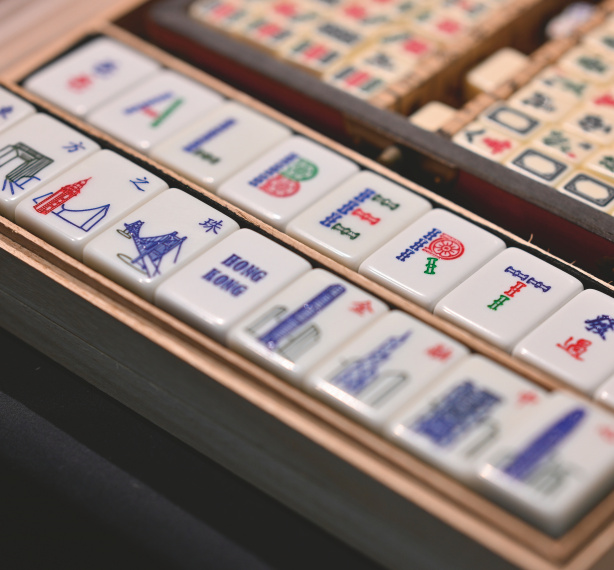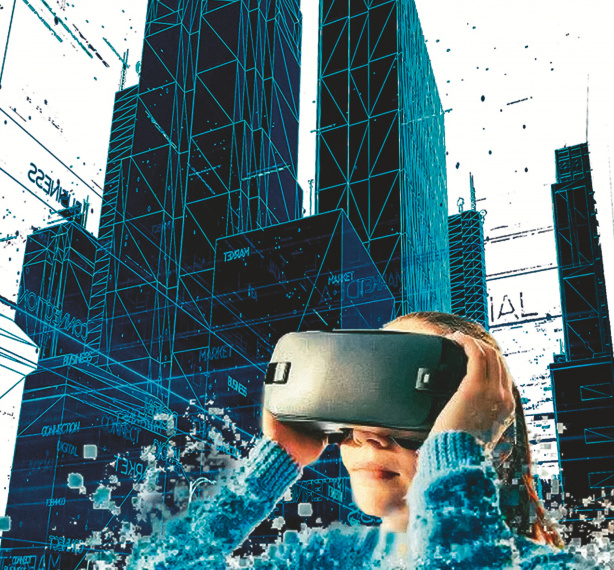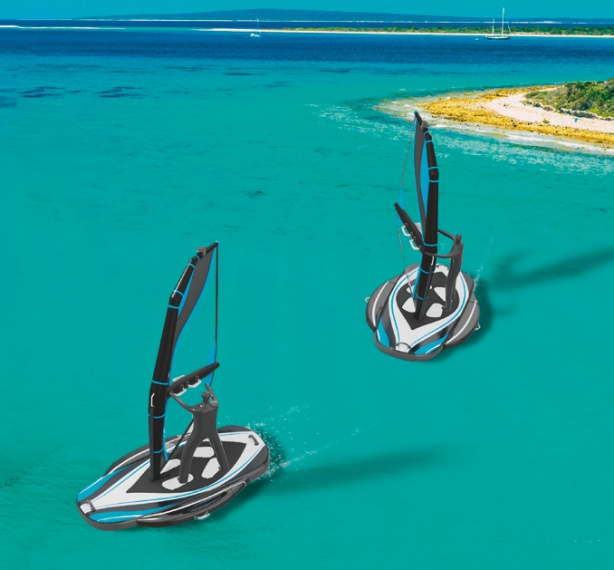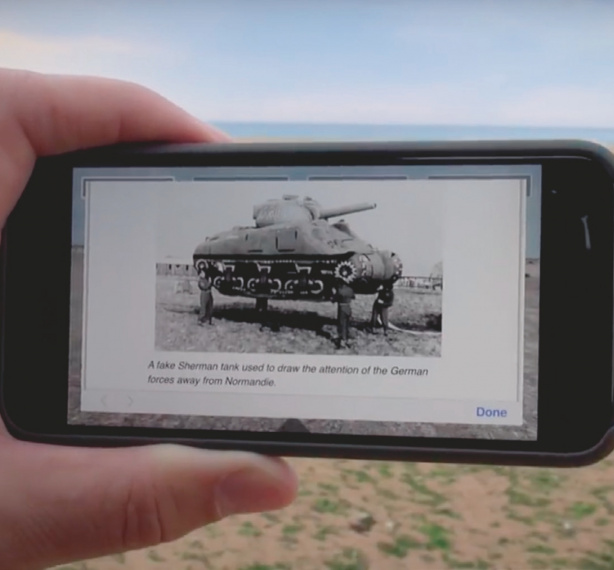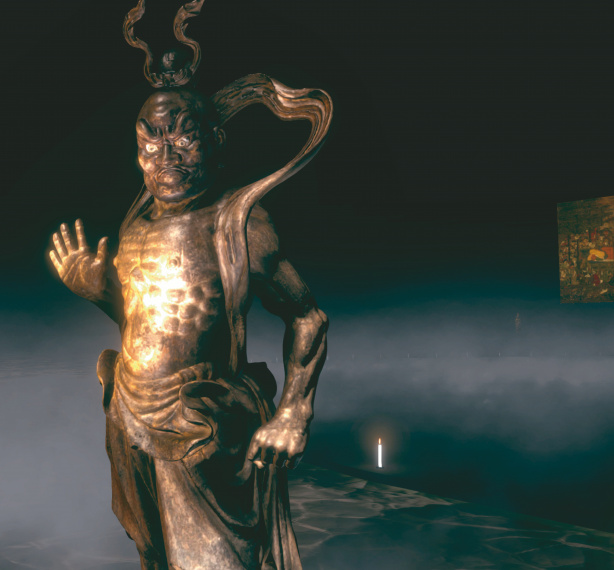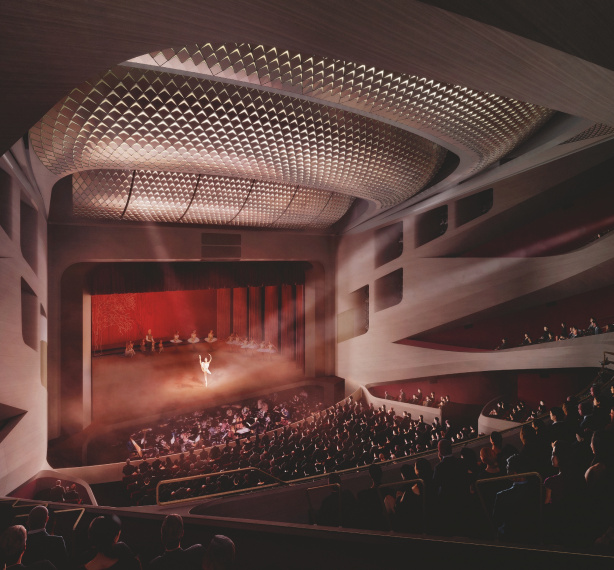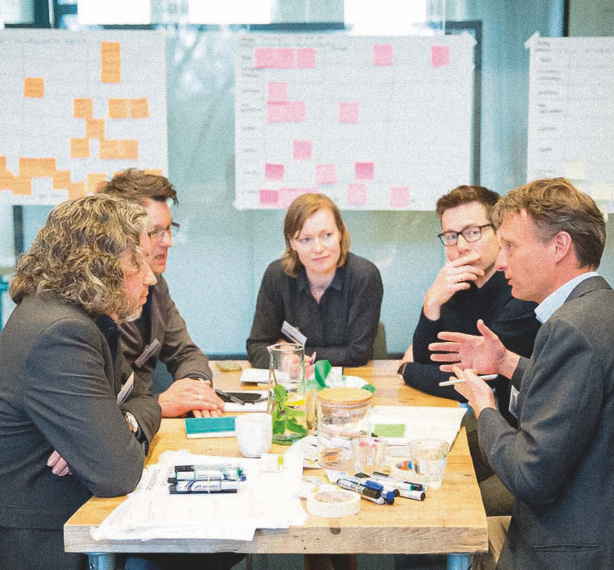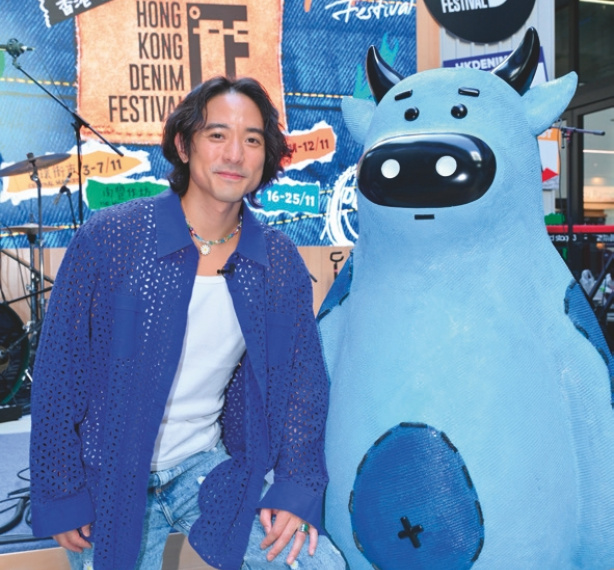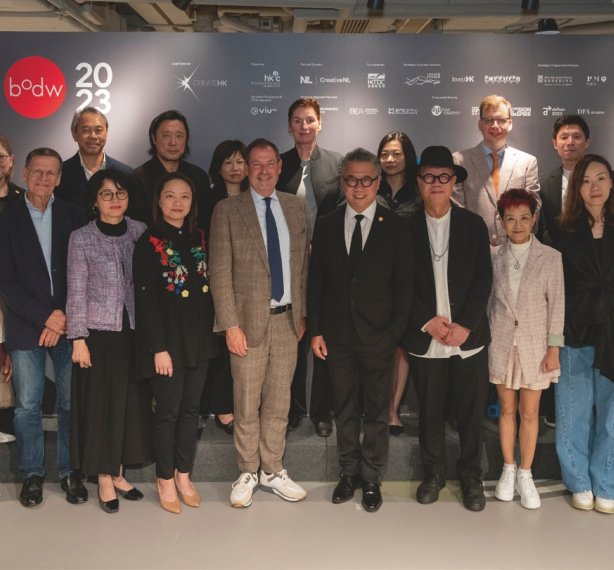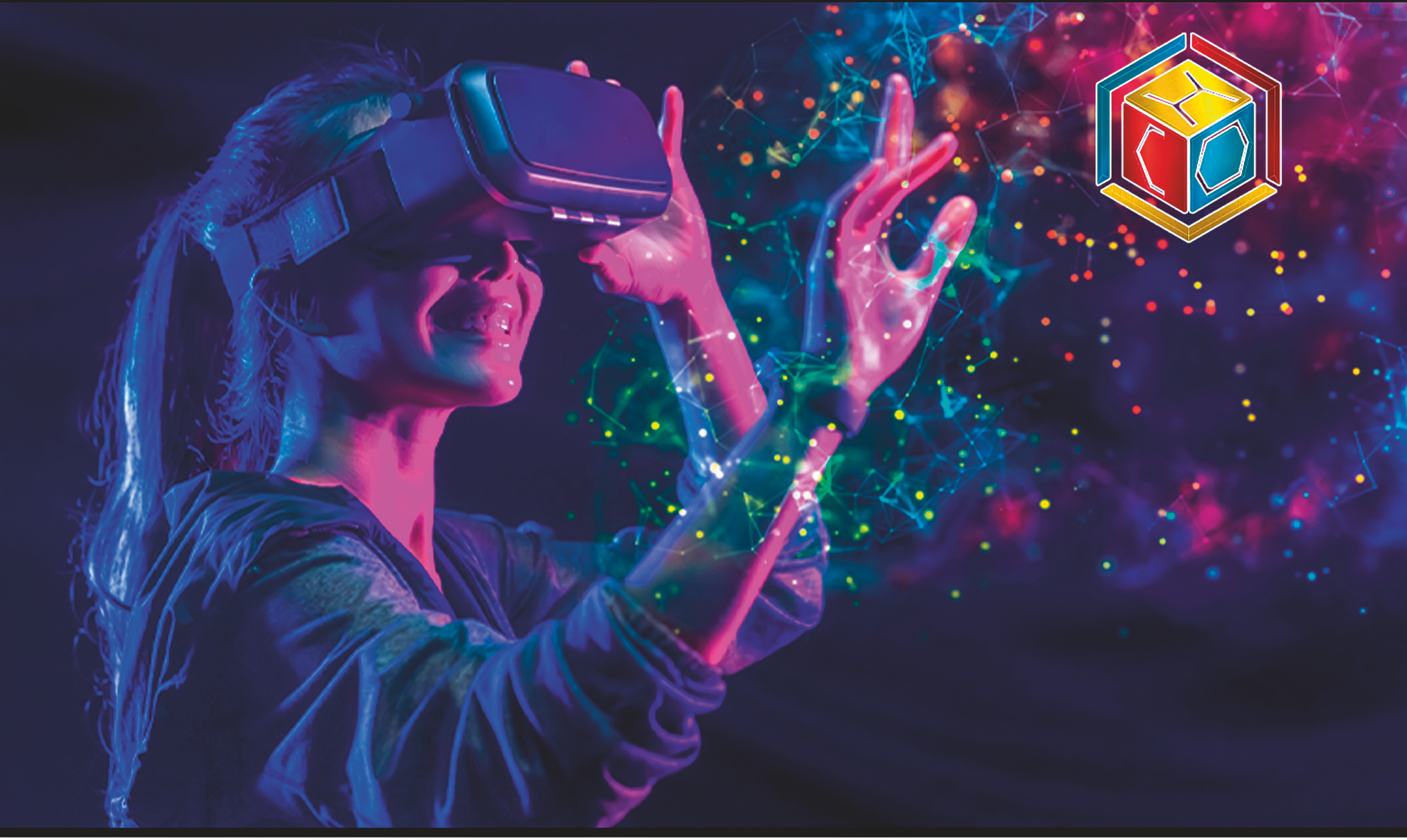
|
Thought owning some famous real estate was just a flight of fancy? Well, the real thing is probably yes, but a virtual version is very much possible. In fact, snapping up some virtual heritage and cultural icons for free could prove a very wise investment if the people behind CHO.earth have anything to do with it.
CHO.earth stands for Cultural Heritage Online, and the Earth part refers to the scale of this 3D virtual recreation of heritage and cultural sites around the globe. The core idea behind CHO.earth is to gamify the virtual promotion and preservation of cultural heritage and landmarks around the planet, but with a twist—the players in this game can get real-world financial benefits. Inspired by the long-running hit board game Monopoly, users of CHO.earth become virtual owners of sites of historical significance and, as in the game, add value to their real estate possession. Value is not determined by plastic houses but achieved by recording their site's historical significance and embellishing their title deed with explanatory multimedia content and real-world retail and event-related options.
In many ways, much of the information contained in each of CHO.earth's virtual properties resembles online travel guide sites or Wikipedia. With the exception that each virtual historical site is registered as an NFT (Non-Fungible Token), known as a vCARD, and becomes part of a blockchain ecosystem of verification and payments tracking. vCARDs are the core element of CHO.earth, and they contain a basic set of information, including: a digital property sheet outlining ownership history; and the "added value" content relevant to the historical site. The blockchain gives an immutable record of each vCARD, and allows the virtual historical sites to be owned and traded, and players draw upon a cryptocurrency stored in their digital wallet to maximise the promotional, retail, and event potential of a site.
Anybody can visit the CHO.earth platform, view the heritage content on standard digital devices, and register new vCARD locations to be placed in a marketplace for purchase. Either by registering enough vCARDs to earn CHO currency, or by direct purchase, CHO.earth "citizens" can procure heritage sites and upgrade them in value by adding information and hosting events. The market value of a vCARD, its "property value", is periodically updated by an algorithm to reflect its content and activity status. The game objective is to generate profit by renting, buying and selling the NFTs/vCARD digital properties, and each citizen of CHO.earth is able to sell their products and services in the vCards in their possession. Players are already generating income from vCard rents (a few have sold for USD 15,000) and royalties for the intellectual property rights they accrue from initially registering a vCARD. Financial gains look promising, as in the near future, citizens will be able to redeem cryptocurrency earned in the form of gift cards and become vendors for third-party products and services.
More than just a real estate game
Setting aside the prospects for becoming a virtual real estate mogul, there are real-world advantages for heritage sites with a rich vCARD presence. Essentially, vCARDs become multimedia guides detailing the site and what it contains, covering its history, facilities, and activities visitors can expect to encounter. CHO.earth has the prospect of becoming a virtual alternative to conventional guided tours of sites, as well as offering integrated booking and payment for lodging, goods, and services. Combining virtual and physical spaces into a single business model facilitates promotion and financially supports heritage sites and the economies that surround them. The CHO.earth ecosystem provides entrepreneurial opportunities related to heritage sites. For example, it is becoming a digital or real-world tour guide, where it is possible to accumulate reviews and credits that will increase the rating of your profile and offer exclusive benefits and concessions. Alternatively, ticketing and creating online and offline events and experiences linked to the vCARD are designed to create a new economy of culture, one that will operate on "Web 3" technologies and blockchain authentication.
While operating at a global scale, CHO.earth has its roots in Benicultrali, an online heritage project out of Italy. A modified version of CHO.earth has been in operation since 2018 and has accumulated more than 5,000 vCard NFTs of notable heritage sites around the world. Lorenzo Renzulli, representing CHO.earth, says they are very happy with the level of growth, and have big plans set in place for the next stages of development. Renzulli anticipates that CHO.earth will have a wide appeal, "Beyond tourists and armchair travellers, CHO.earth is aiming to establish itself as a 'World Digital Archive' protecting and safeguarding cultural heritage in every country".
He continues, "vCARDs can be seen as a multifunctional snapshot of the heritage site, representing it with information, data, photos, videos, 3D scans, and immersive 360°photos, so sites can be observed in detail, a cumulative process that will evolve over time and be of interest for scholars, researchers, technicians, and industry professionals".
CHO.earth is an approach to digital heritage preservation that integrates physical and virtual elements, enriches the cultural experience and provides fresh ways of interacting with heritage and places of interest. The development team at CHO.earth see this as a virtuous circle relationship, one that will not only help the service grow, but increase the value of the information provided and, importantly, will keep a permanent digital record of our precious and often precarious cultural and heritage capital for future generations. |


